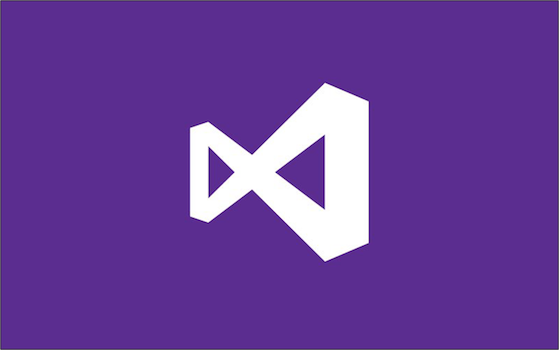


Detection keys for Visual Studio 2012

Detection keys for .NET Framework 4.0 and Visual Studio 2010

Detecting Visual Studio 2008 Service Pack 1

Microsoft .NET Framework 2.0 Service Pack 1, and How to Detect It

Detecting Visual Studio 2005 Service Pack 1


 Light
Light Dark
Dark